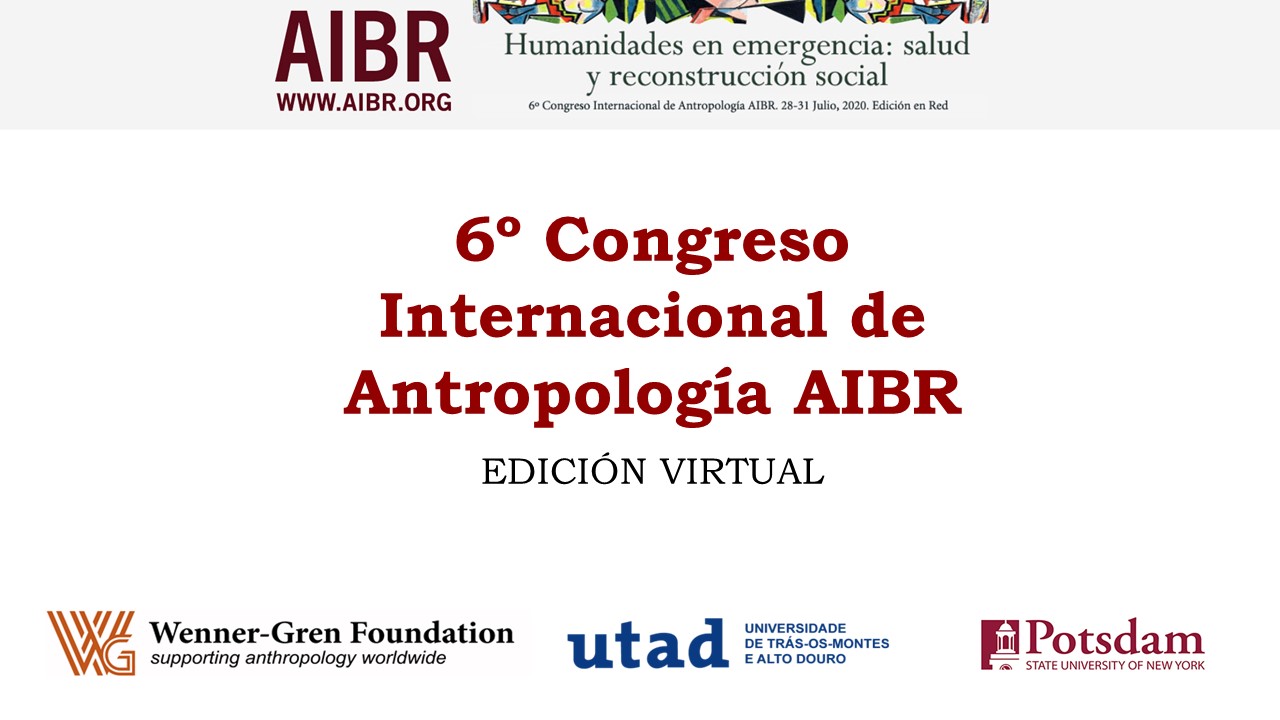The new California: immigration and agricultural markets in Portuguese Alentejo in the XXI century
Alentejo is the biggest Portuguese region located in the south of Portugal, wherein agricultural production declined substantially during the 1990s. Following this trend, the rate of emigration from Alentejo to urban areas in the seaside and to European countries developed with intensity.
A process of economic restructuration in Alentejo’s agriculture was observed from the 2000s onwards driven by diverse factors: the investment of transnational companies related with agroindustry, growth of export-oriented production, investment on labour-intensive commodities, the intensification of production, and the verticalization of the production process. This economic process generated intense labour demand with a seasonal character and developed in a region with low density of population. Like it was observed in the early 2000s, labour demand for unskilled workers in the agroindustry became increasingly appeased through the recruitment of foreign workers with an irregular status.
However, the seasonal character of agriculture work enhances the subsistence of immigrants below the national poverty line. The contemporary irregular inflows of foreign workers from Nepal, India and Bangladeshi develop in the context of deregulation of labour recruitment and a neoliberal immigration policy deployed by the Portuguese state that stratifies inflows according to their financial value. Consequently, labour immigrants endure a two-year process to obtain regularization of their residence status, which hampers their access to human rights and labour protection. Moreover, the development of this social phenomenon in a low-density populated area engendered intense pressure over the housing market and public infrastructures. This trend enhances further exploitation of the foreign proletarians by intermediaries.










